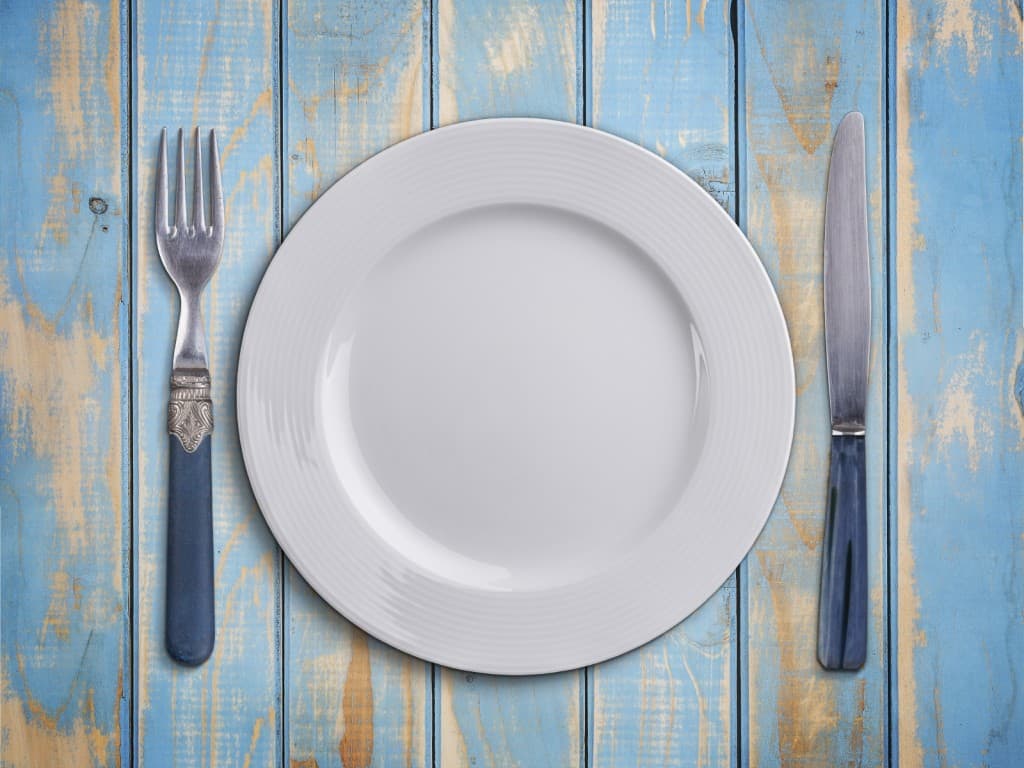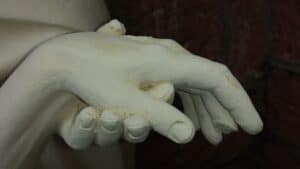
A little while back, I took a closer look than I had before at some introductory pages in The Book of Common Prayer (I’m Episcopalian) and found these almost universally ignored instructions under the heading “Days of Special Devotion”:
The following days are observed by special acts of discipline and self-denial:
Ash Wednesday and the other weekdays of Lent and of Holy Week, except the feast of the Annunciation;
Good Friday and all other Fridays of the year, in commemoration of the Lord’s crucifixion, except for Fridays in the Christmas and Easter seasons, and any Feasts of our Lord which occur on a Friday.
In a culture that tells us to consume and, when we’re done consuming, consume some more, I love the fact that my tradition tells me to practice self-denial. Really, is any statement in our society more countercultural than “stop eating?”
So for a 24-hour period, I fasted from all food and drink except water. I know, I know, you’re not supposed to fast and then tell people about it (“beware of practicing your righteousness before other people,” and all that jazz) but I want to write about it, so I am.
Faith is never so real as when it demands something painful from us.
One of my deepest passions, though every day I fail to put it into practice, is for my faith to infuse all of my life. I want a whole-life spirituality that affects everything about me: where I live, what I eat, what I say, when I eat, what I read, who I associate with, what I wear, what I do with my time, how I behave, what I do with my money, what I drive, what I think, and on and on and on.
Fasting and other acts of bodily denial can play a hugely significant role in this endeavor, because nothing will root a way of life into one’s being more effective than a practice that involves the body, and fasting has the additional benefit of severity. Fasting and other corporeal acts of self-denial force faith out of abstraction into the existential grit of earthly life. Faith is never so real as when it demands something painful from us.
Now I know you can take it too far, and people have, and I agree it’s unhealthy. But let’s be honest. On the whole, we’re in much more danger of allowing faith to become an abstraction than of being so austere that we imperil ourselves.
During my fast, I kept hearing the words of Brian McLaren, who said that fasting teaches him that he does not need to have every one of his needs met as soon as he has one. That’s crucial, it seems to me. In the Western world today, it is a profound act of good health to say to no to oneself from time to time, and as everyone knows, the experience is so foreign to us it seems forbidden.
In the Western world today, it is a profound act of good health to say to no to oneself from time to time, and as everyone knows, the experience is so foreign to us it seems forbidden.
It is important for me to say no to myself, but it’s also important for me to know that I have the ability to do so. Some days I have serious doubts about my capacity to resist compulsions—the compulsion to have a fifth cup of coffee, the compulsion to lust, the compulsion to strike out, the compulsion to be harsh with my wife, the compulsion to blow off my friends, and a myriad more.
I learn through fasting that I can have self-control. I need to know that. I need reassurance that says, “Listen, big guy, you can look at something you really want, walk away from it, and it’s not going to kill you. You’re not going to break out in hives. You won’t wilt. You will, in fact, be just fine.” More importantly, the authenticated ability to put my needs aside gives me hope that I can be of real service to others.
Chad Allen is a freelance writer, consultant, and former editorial director for Baker Books.


